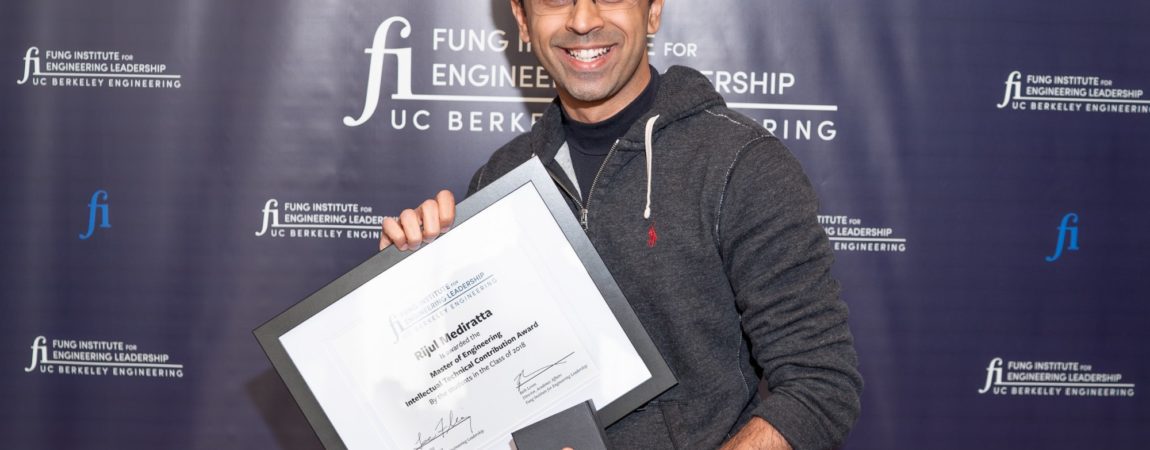by Rijul Mediratta, edited by Maya Rector
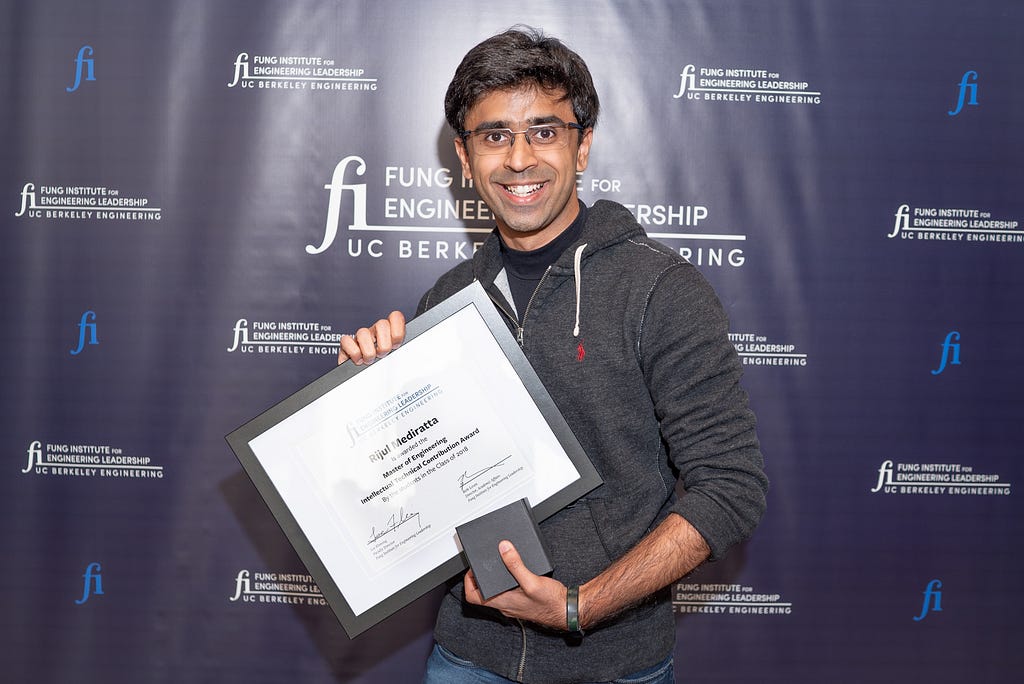
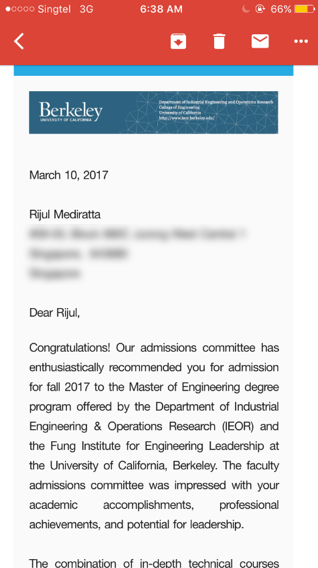
“Man, I made it to Berkeley,” I thought, smiling.
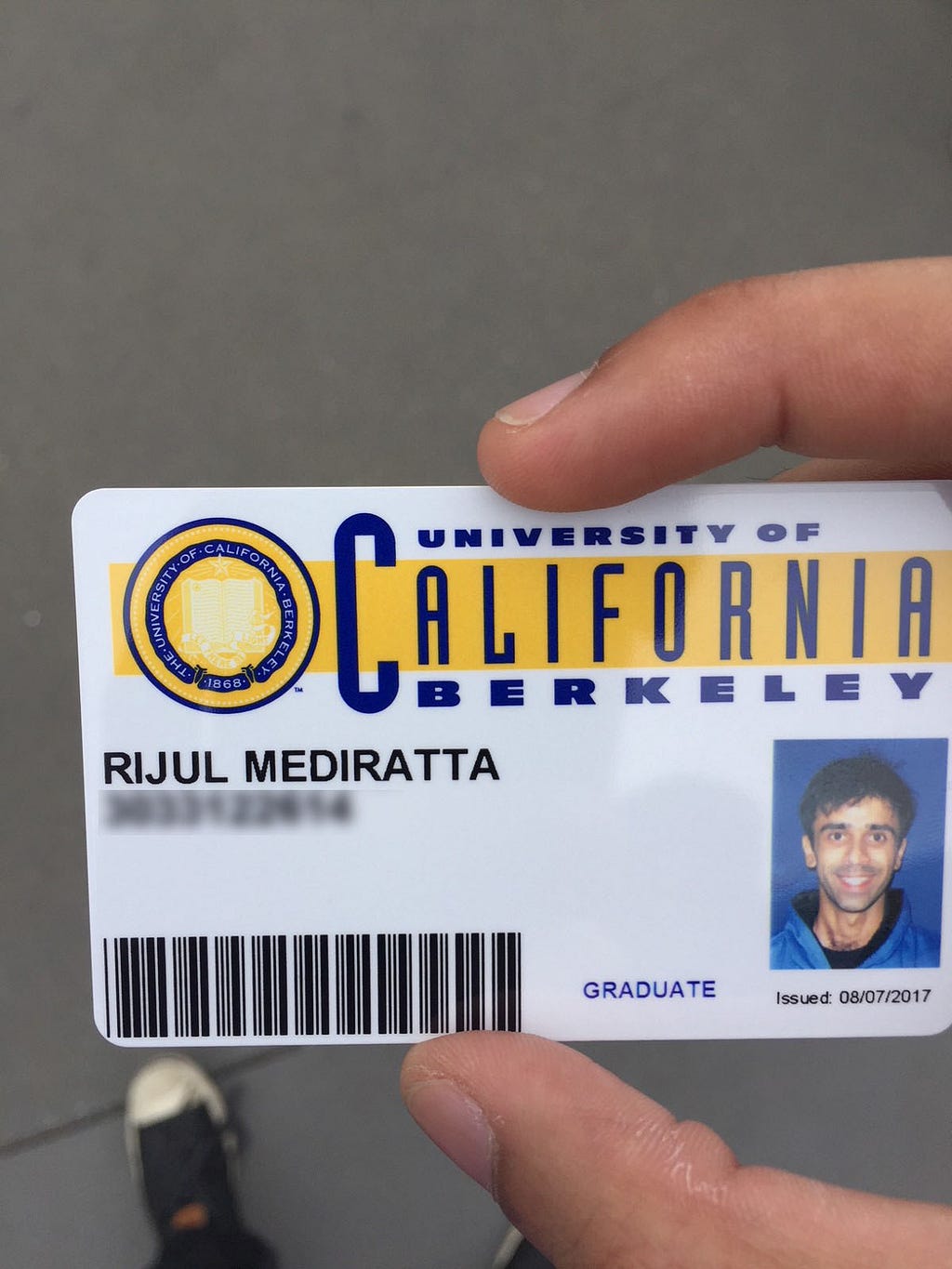
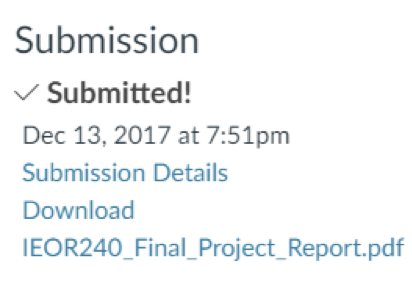
Berkeley, with its close proximity to Silicon Valley gave me a solid foundation on the hot topics of data analytics, machine learning, and operations research.
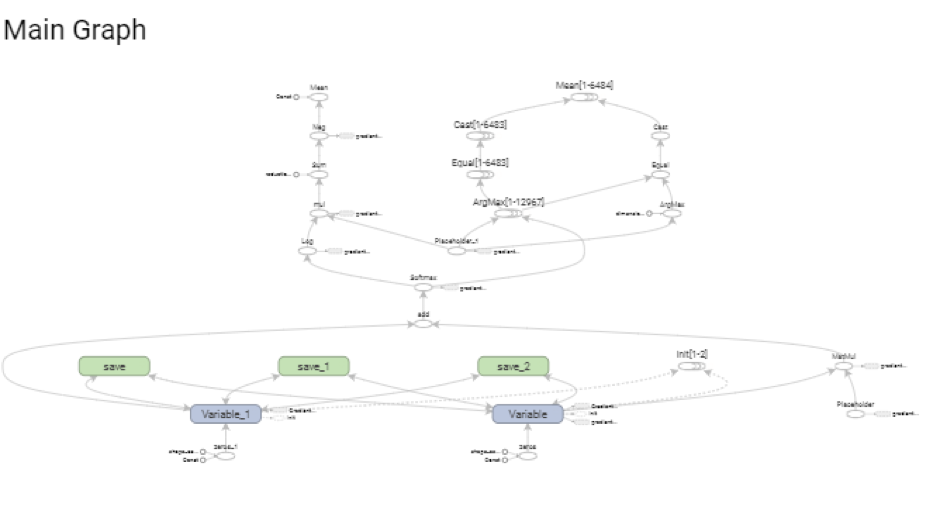
The Berkeley roller coaster ride was necessary to make me who I am today.
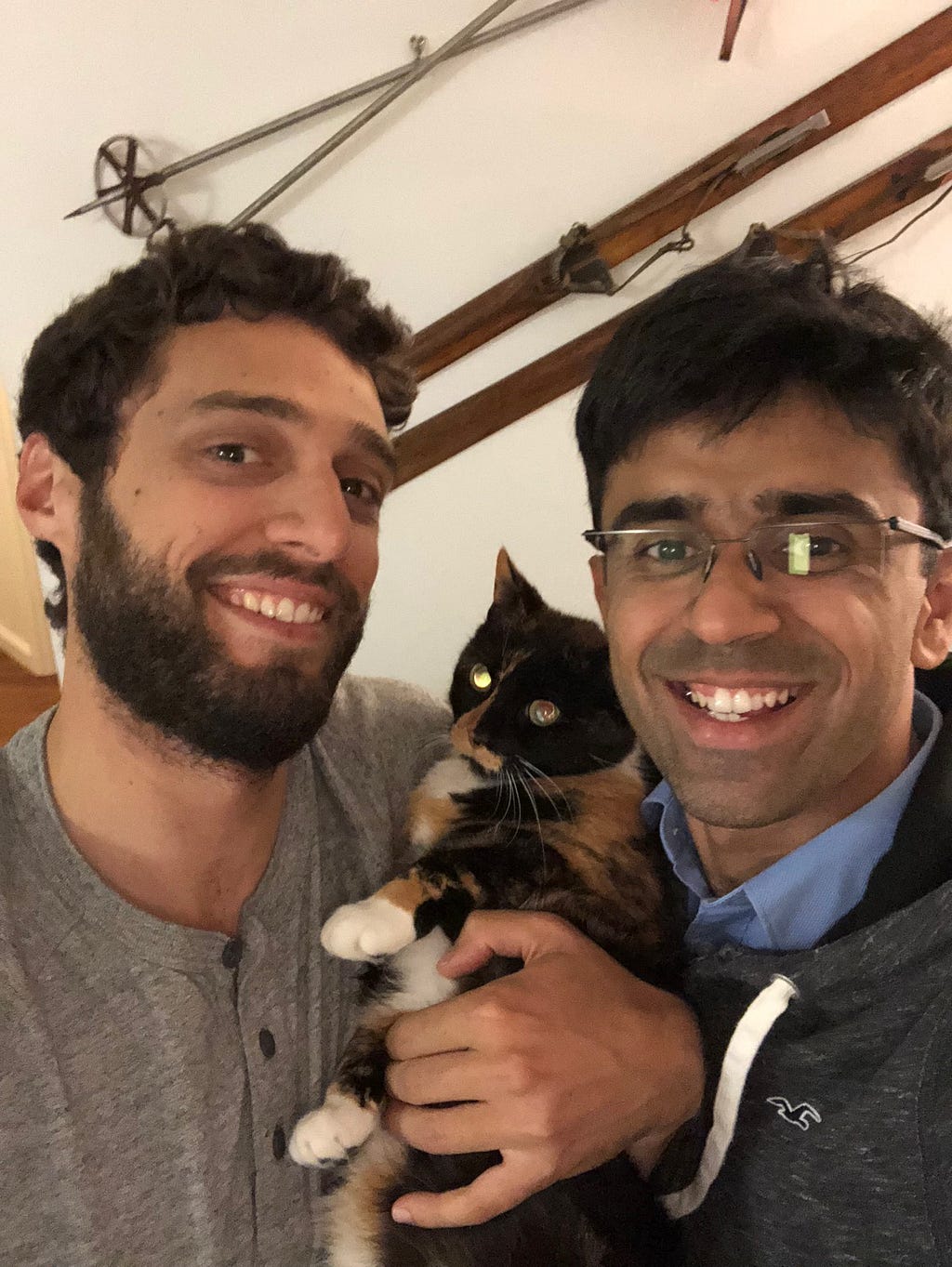
The journey through a roller coaster called Berkeley was originally published in Berkeley Master of Engineering on Medium, where people are continuing the conversation by highlighting and responding to this story.


